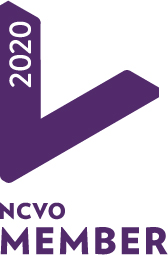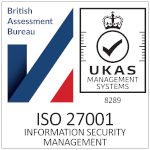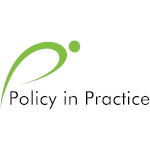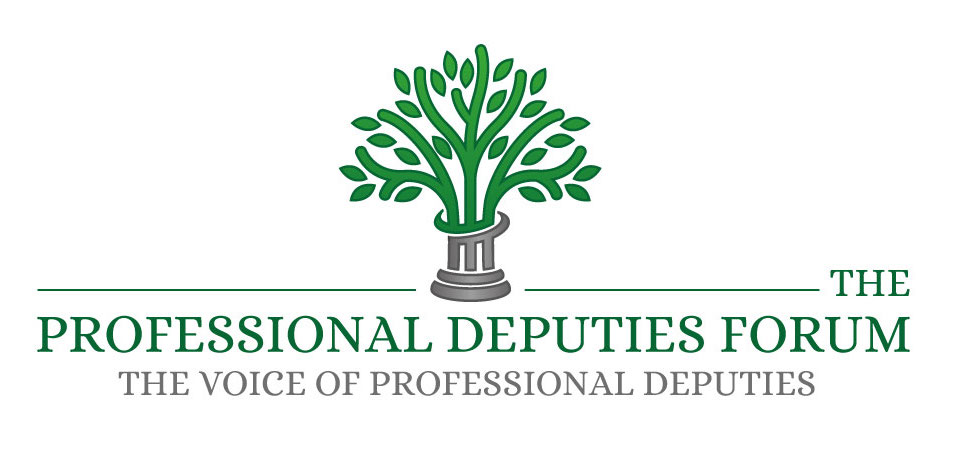Vulnerable customers – do we need them, or do they need us?
It is clear that anyone who is vulnerable needs someone to help them. Is it as simple as offering those who are vulnerable some form of help? Or is that an oversimplification?
The question being pondered by Energy companies is exactly how to help. So, do we need them, or do they need us?
It is a deliberately provocative question that I hope will encourage some debate and thinking.
At The Vulnerability Registration Service (VRS) we are keen to learn more about the industries in which we work but also to share knowledge, insight and thought leadership. This paper is the first of a series in which we will look to share our expertise.
Ofgem the Energy industry regulator is concerned that the most vulnerable in society are also the most dis-engaged. Having no access to the internet, most likely to be pre-payment customer on a standard variable tariff i.e. the most expensive tariff provided by a supplier.
Ofgem estimate that over 4m customers will benefit from the safeguard tariff, with an extra 1m added from the Warm Home Discount scheme. They forecast that a further 2m will be added to the safeguard tariff in time for the winter of 2019.
All this builds up a picture of a growing issue in the Energy market, with more new companies joining the industry every month this adds to the challenge of vulnerable customers receiving a consistent level of service.
Whilst the industry has been instructed to protect pre-payment customers with a new tariff as well as the introduction of the debt assignment protocol (DAP) to encourage customers to switch to a better tariff the numbers switching still remain tiny compared to customers with a credit meter.
Some well-intentioned work but will it reduce the volumes of energy customers in fuel poverty. I think not.
With all the industry led initiatives and best practice at each business there is still so much more that can and should be done.
Everything we do at VRS is underpinned by intelligence and analytics. Whilst there is a great deal of reporting that exists on the topic of vulnerability there is more required in actual insight and what vulnerable customers think.
I noticed a discussion on Linkedin recently that asked:
“Should the energy industry define a joint approach without the need for the regulator to set out license conditions or principles and if so how do you do that effectively across a large and bureaucratic industry”?
There were a wide range of responses but most agreed that the regulator should not be needed to drive this action. Everyone recognised the scale of the challenge, there were a variety of ideas, but it was clear that the insight was thin on the ground, or at least those that took part of the discussion did not want to share any insight for fear that it would lose their business a competitive edge.
One industry expert said “Change within any industry is a challenge and usually takes quite a long time to implement. I do think this is the hardest part, I think perhaps enforcing the new policy could be tricky “
Another expert said “A complex issue where there is even disagreement on the definition of vulnerable. It comes up at every training session I do with collectors. “
So, in summary we all know this is a growing issue and there is no single solution, definition or experience for vulnerable customers. I could have rolled out more stats and comments from experts, but I really wanted to engage as many people as possible in working with me to do something different.
I want to leave you with a question and an offer to work together on something unique.
Is it true that vulnerable customers cost more to service than other customers, or in fact is it true that most vulnerable customers do not engage with the services made to help them? Maybe the truth is somewhere in between.
It is easy to get caught up in the edge cases and get convinced that these are the majority. I prefer to let the data do the talking.
To this end the VRS would welcome the opportunity to work with any business who is looking to understand more about vulnerable customers. This would form a cross industry research project that would allow us to understand more about how vulnerable customers take experience services from across industries.













Post a comment